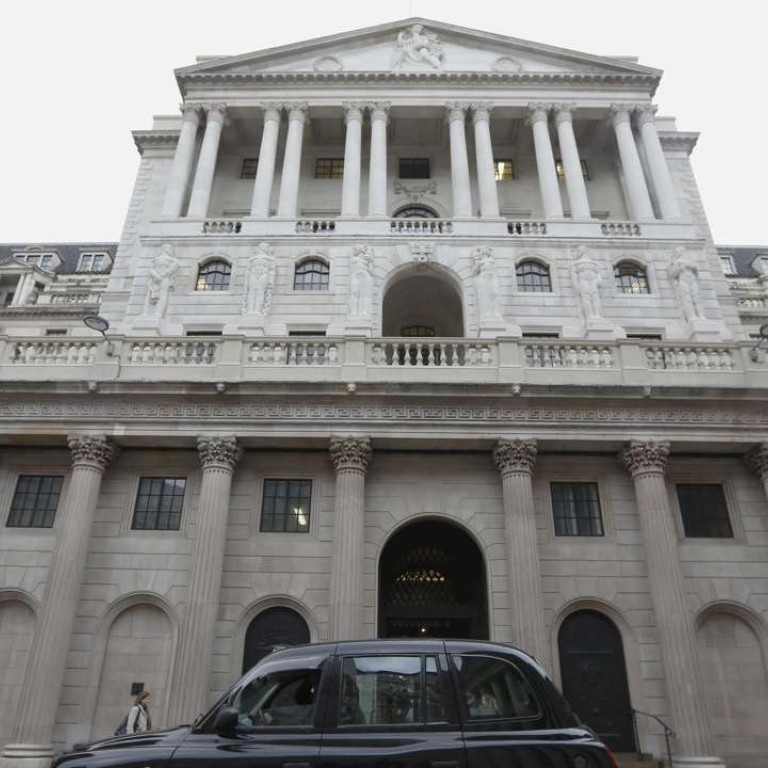
Lawmakers and central bankers heading for a clash over super-easy money
Once the perception spreads that QE and cheap money has passed its sell-by date, it will be game over for the bull market in global stocks and bonds
The era of loose money has gone too far and could soon be drawing to a close.
Battle lines are being drawn up between central banks keen to establish sustainable recovery and politicians who are getting uneasy about the more vulnerable in society losing out to the global glut of easy money – savers and pensioners. It could mean bruising times ahead for markets.
The major central banks have much to lose, especially their monetary credibility which is on the line. Many have staked reputations on a largely unproven stratagem of flooding markets with zero interest rates and printing money to reboot growth, employment and inflation.
So far it has had mixed results. The US and Britain have enjoyed strong economic revivals, but Europe and Japan seem to be missing out.
Politicians’ patience may be running out. Germany’s hard money stalwarts have long questioned the logic of the European Central Bank hurling money at the euro zone economy with apparent abandon.
In Britain, Prime Minister Theresa May has started making veiled warnings about the Bank of England’s easy money practices.
And next month’s US Presidential elections could have big repercussions for global markets, especially if the US Federal Reserve comes under political pressure to unwind eight years of monetary largesse.
Central banks cannot hide forever behind their mask of monetary independence. The last thing markets want is open warfare between lawmakers and central bankers. It would undermine confidence, add to perceptions of risk and ramp up market volatility in the process.The job of central bankers is to assure markets not scare them witless.
Meanwhile, governments are coming under pressure to turn the screws on the central banks. They have voters to answer to, especially since the vast majority are losing out on their savings and pension plans thanks to the impact of monetary super-stimulus.
The last thing markets want is open warfare between lawmakers and central bankers. It would undermine confidence, add to perceptions of risk and ramp up market volatility in the process.
The central banks might have averted world economic disorder through QE, but the real costs to savers and pensioners are becoming too severe.
As the major central banks slashed interest rates to zero and bought extraordinary amounts of government bonds to support the QE money printing programme, the returns on savings and long term government bonds have plummeted. Yields on long term investment paper, the life-blood of the pension and life assurance industry, have fallen to unprecedented historic lows, even to negative levels in Japan and Germany.
Governments are now starting to question how long this distortion can be justified and at such a high cost to the investing public. In Britain, 20 years ago, pensioners could expect to see a 20 per cent return on their pension pots. With 15-year government bond yields recently falling as low as 1 per cent, average annuity rates for single life cover have dropped below 3 per cent and look set to go even lower. Clearly, the situation is unsustainable longer term.
Prime Minister May finally seems to be throwing down the gauntlet to the Bank of England at the prospect of any more monetary easing. The good news is the BOE might not need to cut rates again given sterling’s recent sharp fall in the currency markets over ‘hard Brexit’ concerns. Over the last 12 months, the pound has devalued 24 per cent against a range of currencies, the economic equivalent of a 6 per cent drop in short term UK interest rates. It has been a major windfall for the economy.
The job of central bankers is to assure markets not scare them witless
Thanks to zero interest rates, QE and the extremely weak pound, the UK economy is now getting too much of a good thing and some of the stimulus needs to be withdrawn before domestic over-heating gets out of hand.
Despite all the gloomy speculation about Brexit, with the pound in freefall and the housing bubble getting more pumped up, the days of UK monetary super-stimulus are numbered.
With the UK government convinced that additional BOE easing will do nothing other than benefit the super rich and fast money speculators, at the expense of savers and the real economy, there is no chance that the government will rubber stamp any further easing moves.
Britain is not alone. Politicians around the world are starting to wonder whether central bank policies are becoming too extreme and pose new risks to global financial stability.
Once the perception spreads that QE and cheap money has passed its sell-by date, it will be game over for the bull market in global stocks and bonds.

